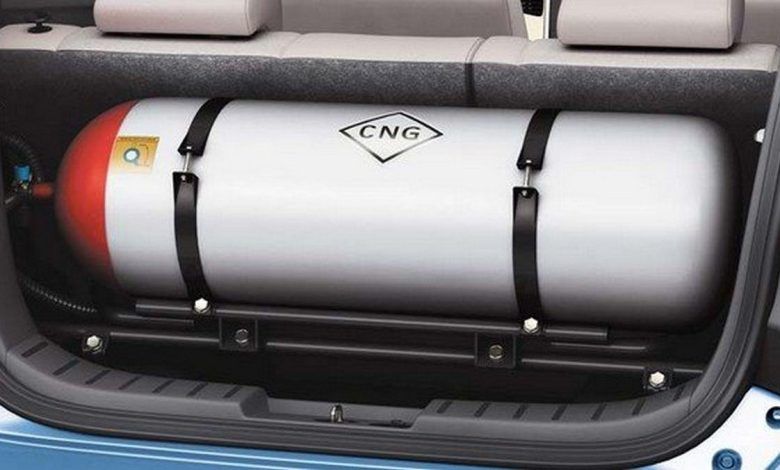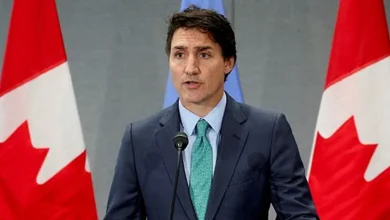
The Federal Government, through the Presidential Compressed Natural Gas Initiative (PCNGI), has announced that 175 new Compressed Natural Gas (CNG) refueling stations will be developed across Nigeria within the next 12 to 18 months.
Programme Coordinator Michael Oluwagbemi made this known in a video posted on the PCNGI’s official X (formerly Twitter) handle on Sunday. He said the expansion is part of a broader plan to reduce dependence on petrol and diesel, and to address the growing demand for alternative fuel sources.
“When we launched this programme last year, Nigeria had fewer than 11 functioning CNG stations, and many were idle due to low awareness. Today, we have over 65 stations in operation, and an additional 175 under development,” Oluwagbemi said.
He highlighted collaborations with key partners, including the Nigerian Midstream and Downstream Petroleum Regulatory Authority and the Nigerian National Petroleum Company Limited (NNPC Ltd). NNPC alone is contributing 120 new stations, with 12 already launched and more expected soon. Forty additional stations have been contracted for development as part of the next phase.
Oluwagbemi noted that efforts are underway to extend gas access across the northern regions of Nigeria. Presently, gas supply via pipeline reaches as far as Ajaokuta. To overcome this limitation, the government is establishing a mini-LNG plant in Ajaokuta to facilitate gas transportation to northern states such as Kaduna, Kano, Jigawa, Sokoto, and Borno via trucking.
“The AKK pipeline is about 72% completed, but in the interim, we’re using LNG to push gas further north. This is the most consequential project right now in getting gas to every corner of the country,” he said.
Surge in Vehicle Conversions
Since January 2024, the CNG conversion programme has recorded over 12,000 vehicle conversions under the Commercial Incentive Programme led by the government in partnership with private operators. Weekly conversions now range between 1,500 to 2,000 vehicles, Oluwagbemi revealed.
The private sector is also seeing a sharp rise in activity, with companies like Dangote and BUA converting fleets of trucks to CNG. According to the coordinator, the government expects to convert at least 100,000 vehicles under its initiative by the end of the year, while the private sector could convert two to three times more.
Massive Investment Across the Value Chain
Oluwagbemi said that seven new CNG “mother stations” have been commissioned between 2024 and 2025, each costing between $5 million to $10 million. These stations act as supply hubs for smaller filling points.
Investments are also growing in related industries such as vehicle assembly, cylinder manufacturing, and alloy steel pipeline production. A new facility in Ikorodu is set to produce seamless steel pipes for CNG cylinders, a key development in localizing the supply chain.
“We’re enabling billions in investments, creating jobs, and driving cleaner, cheaper transportation,” Oluwagbemi stated. “The private sector has fully bought into this vision, and we’re actively working to eliminate regulatory bottlenecks to keep momentum strong.”
The PCNGI is central to Nigeria’s strategy to reduce transportation costs, cut emissions, and create a more resilient energy economy, particularly as global energy dynamics continue to shift.





